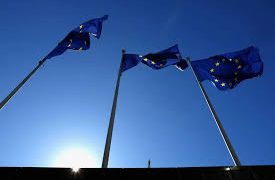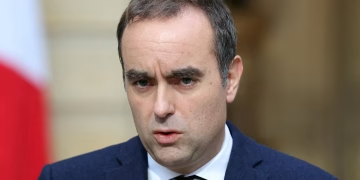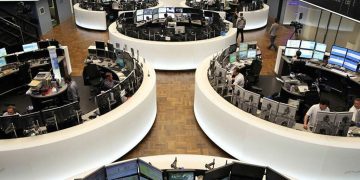Euro-zone inflation climbed to 2.2% in September, up from 2.0% in August, according to new data. The rise strengthened expectations that the European Central Bank (ECB) will keep interest rates unchanged in the near term.
Economists linked the increase to stronger services inflation and a smaller drop in energy prices, signaling that price pressures remain persistent in key sectors. They said the latest figures allow the ECB to argue that disinflation is progressing slowly, supporting a pause in rate changes rather than immediate easing.
Markets responded by reducing bets on early rate cuts, reflecting a more cautious outlook. Policymakers, still wary of upside risks from wages and domestic demand, are expected to maintain their vigilant stance.
Analysts emphasized that while headline inflation now exceeds the ECB’s 2% target, the composition of inflation matters. Services costs, which tend to follow wage trends, are proving sticky, prompting the ECB to closely track labor market signals before shifting policy.
Some business leaders warned that prolonged high rates could dampen investment and borrower confidence, especially among small and mid-sized firms. They called for clearer guidance on when the bank might start easing.
Household borrowing costs also remain a concern, with mortgage and loan payments still elevated across several member states. Economists noted that these pressures continue to shape consumption trends across the region.
Market participants described the data as mixed. While some energy-sensitive sectors showed cooling, domestic demand stayed strong. This divergence suggests the ECB will continue to calibrate policy based on incoming data over the next few months.







